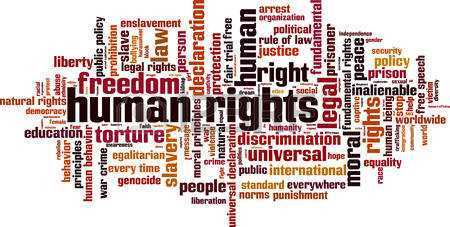Supreme Court!

The Benefactor or the bulwark of the constitution is the Supreme Court!
Firstly, been at the condescension, the Supreme Court settle the controversy between the Union and the States regarding the division of the power.
Secondly, it is in the fist of Supreme Court to conserve the fundamental rights of the residents.
Well, implementing the above functions, it is important for the Supreme Court to scrutinize the law's legality by State and Union Governments which is also known as the potential of the Judicial Audit. Thus, Indian Supreme Court enjoys the limited analysis of the Judiciary.
Considering the article section 32, a writ was legalized by the Supreme Court for an imposition of the fundamental rights. These writs are:
- Habeas Corpus
- Mandamas
- Prohibition
- Quo-warranto Certiorari
Thus, Constitution of India empowered the Supreme Court for safeguarding the Fundamental Rights which also authorize them to nullify any law contravening the operation of the Fundamental Rights. It is also been protected by the Court if it is been breached by the associates. Hence, they could issue the writs in nature of Habeas Corpus, Mandamus, Quo-Warranto, Prohibition and Certiorari. Let us ponder on these terms more briefly:
Habeas Corpus – The writ of Habeas Corpus is issued by the court to impact the arrival of a man who has not been confined lawfully. Under this writ, the court issue request to the concerned expert or individual to deliver the prisoner under the steady gaze of the court with a specific end goal to tell the court on what grounds the concerned individual has been kept and to set him free if there is no legitimate avocation for detainment. It should be noticed that the writ of Habeas Corpus can be issued against both an official and private individual.
Mandamus – The writ of Mandamus signifying 'Order', is routed to an open expert to summon him to do an obligation which he should do however he has not performed. The writ of Mandamus can likewise be issued against bringing down courts, in the event that they have declined to practice their assigned ward. This writ cannot be issued against private people.
Restriction – The writ of Prohibition is issued by the Supreme Court or the High Court against the lower courts to keep the last from usurping their assigned locale. In this way, the writ of Prohibition guarantees that the lower courts should constrain beneficiary exercises inside the point of confinement of their ward and ought not to go past that utmost. The impact of the writ is that the procedures for a situation, which is past purview, are ceased and the lower court and the case are exchanged to the court which is skillful to practice the locale all things considered. Certiorari – The writ of Certiorari is additionally issued against mediocre courts by the Supreme Court or High Courts if the lower court has damaged their locale and articulated the choice looking into it. The impact of this writ is that the judgment or the request issued by the lower court is subdued and the case is exchanged to the fitting court. The ground for issuing the writs of Prohibition and Certiorari is the same i.e., infringement of locale, yet the distinction is that the writ of denial is issued before the last judgment of the lower courts, though the Certiorari is issued after the judgment for a situation has reported by bringing down the court.
Quo-Warranto – This writ of Quo-Warranto is issued against a man involving an open office which he isn't qualified for. The motivation behind the writ is to keep the unlawful control of an open office by people who aren't qualified to that office. The court asks as to under what specialist the concerned individual is holding a specific office. In the event that the workplace is held without a legitimate lawful expert, the concerned individual might be requested to leave that office. It ought to be said that the writ of Quo-Warranto isn't issued as for private workplaces.

Well, this was the brief reason for being the Guadian of the Fundamental Rights!
Cheers!